
When Ghana gained independence in 1957 under the visionary leadership of Osagyefo Dr. Kwame Nkrumah, it did not merely liberate itself—it ignited the flame of African emancipation. Nkrumah’s famous declaration that “the independence of Ghana is meaningless unless it is linked up with the total liberation of Africa” became a rallying cry across the continent. Ghana’s decolonization marked the dawn of modern African self-rule and inspired liberation movements from Cape Town to Cairo.
Yet, nearly seven decades later, the political map of Africa presents a troubling contrast between the democratic progress of Ghana and the autocratic regression of many of its peers. Ghana’s political evolution, culminating in the establishment of the Fourth Republic in 1992, has turned it into one of Africa’s most stable democracy.
Over three decades, Ghanaians have witnessed peaceful, transparent transfers of power through five successive administrations, earning the nation international respect and recognition as a “beacon of democracy” in the sub-region.
The same cannot be said for much of the continent. While Ghanaians exercise the right to vote freely and see their will respected at the ballot box, several African nations remain trapped under the weight of authoritarianism disguised as democracy.
For instance, Côte d’Ivoire, where President Alassane Ouattara, once hailed as a reform-minded technocrat, has extended his rule by amending constitutional term limits. After assuming office in 2010, following a violent electoral dispute that claimed thousands of lives, Ouattara has now secured a controversial fourth term, an act that undermines the very democratic principles he once claimed to uphold.
In Cameroon, 91-year-old Paul Biya, Africa’s oldest and one of the world’s longest-serving leaders has ruled since 1982. Under his leadership, Cameroon remains mired in poverty, social unrest and democratic decay. Similarly, in Djibouti, parliament recently removed the presidential age ceiling, effectively clearing the way for 77-year-old Ismail Omar Guelleh to pursue a sixth term. These moves are not steps toward stability, they are entrenchments of personal power.
Across the continent, the pattern repeats itself. Rwanda’s Paul Kagame has ruled since 2000; Togo’s Faure Gnassingbé succeeded his father in 2005 and still remains in power; Uganda’s Yoweri Museveni has governed since 1986 after amending the constitution to eliminate term limits and Teodoro Obiang Nguema Mbasogo of Equatorial Guinea holds the world record for longevity in power, having ruled since 1979. Eritrea’s Isaias Afwerki, in power since independence over 30 years ago, has yet to implement a functioning constitution.
These regimes often justify their longevity by citing the need for “stability” or “development,” yet the facts on the ground tell a different story. Poverty remains endemic, youth unemployment is rampant and civil liberties are under constant assault. According to World Bank estimates, millions in these countries survive on less than two dollars a day. Freedom of expression is curtailed, opposition leaders are jailed or exiled and elections are often stage-managed to legitimise the status quo.
Ghana’s example proves that democracy, though imperfect, is both sustainable and beneficial when leaders respect term limits and institutions function independently. When John Dramani Mahama lost the 2020 election and later returned to contest and won the 2024 polls, he respected constitutional boundaries. Despite pressure and speculation that he might seek an extra term, Mahama chose the Mandela path, to serve and not to dominate. This political maturity is what separates functioning democracies from life presidencies masquerading as republics.
Africa’s future hinges on whether its leaders choose the Ghanaian model of democratic renewal or persist in clinging to power. Genuine democracy is not merely about holding elections; it is about respecting the outcome, strengthening institutions and upholding the rule of law. The continent’s progress depends on governments that are accountable to their citizens, not rulers who see power as a lifelong entitlement.
As the African Union champions “Agenda 2063” and dreams of continental integration, its vision will remain hollow unless political freedom accompanies economic ambition. Democracy must win over dictatorship. For Africa to truly rise, its leaders must emulate Ghana, not in rhetoric, but in practice.
The time has come for Africa to choose democracy over dynasty.
For more news, join The Chronicle Newspaper channel on WhatsApp: https://whatsapp.com/channel/0029VbBSs55E50UqNPvSOm2z
The post Editorial: Democracy Or Dynasty: African Nations Must Emulate Ghana’s Political Maturity appeared first on The Ghanaian Chronicle.
Read Full Story




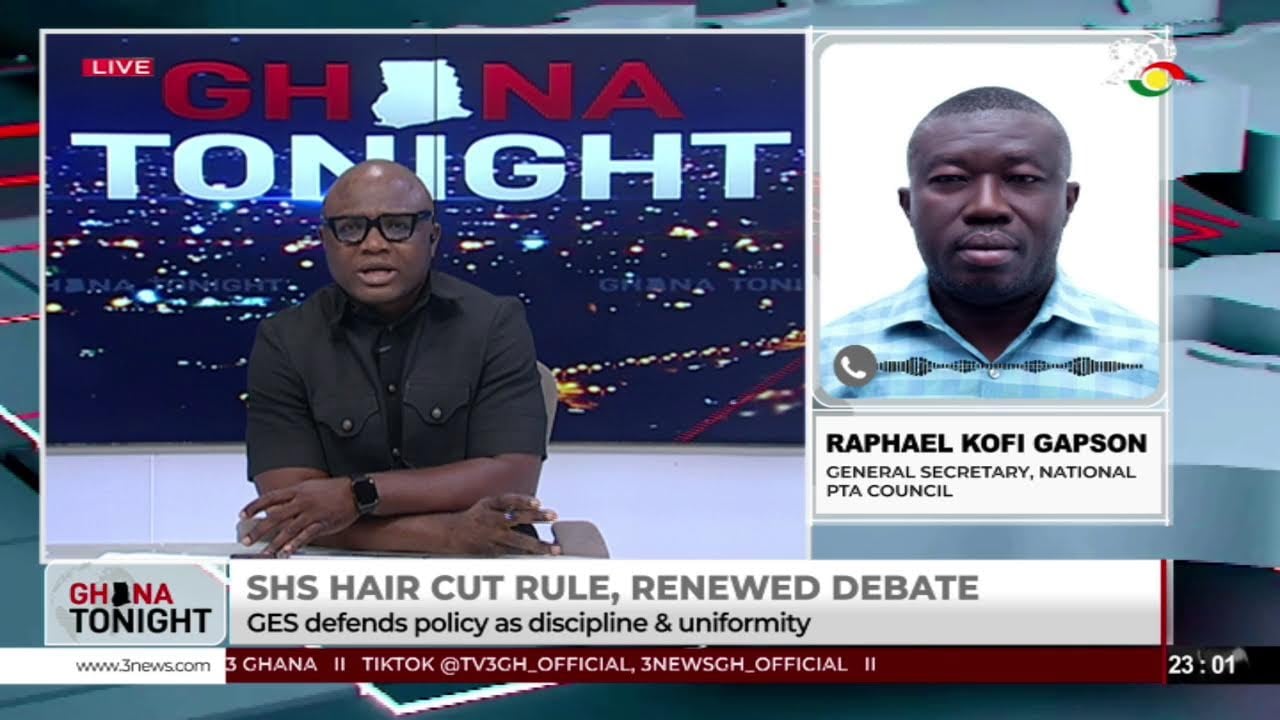
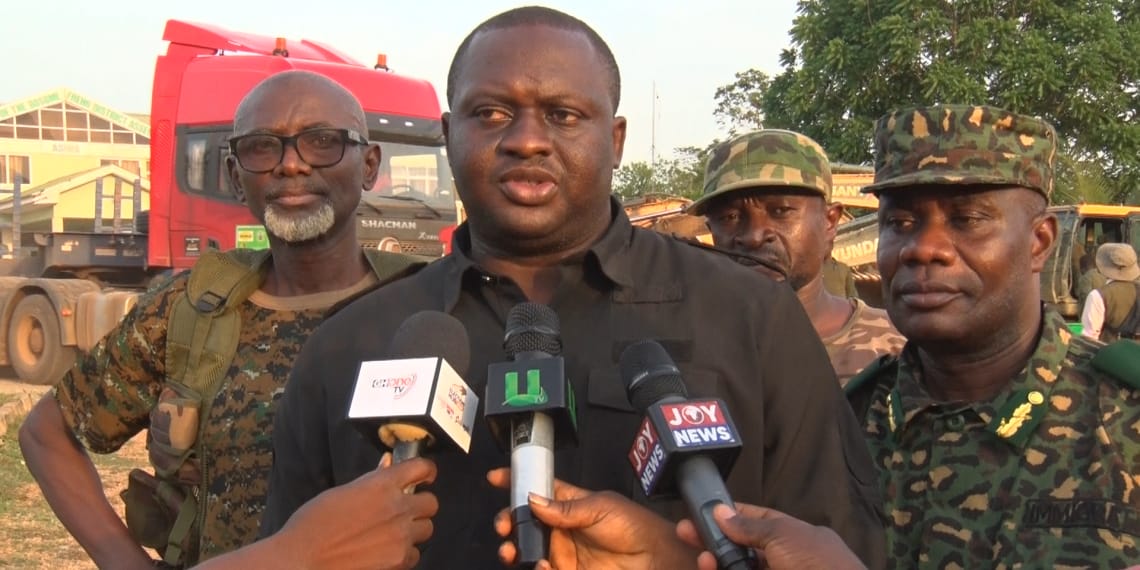




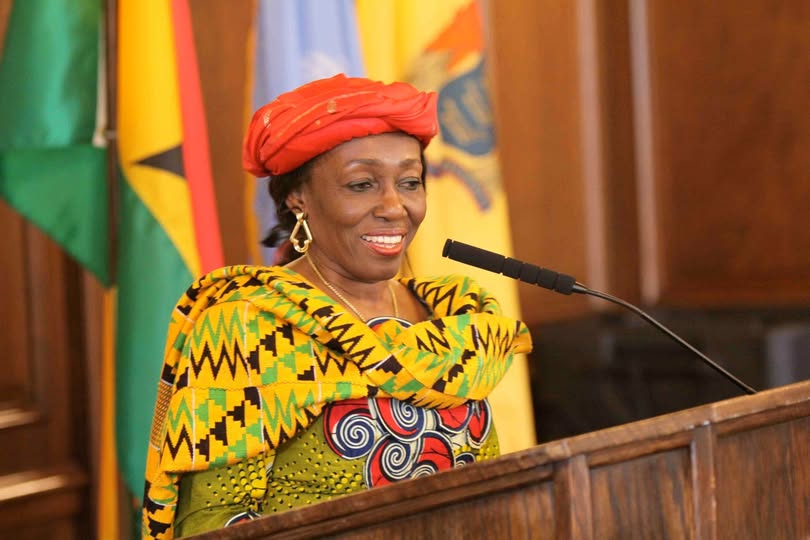





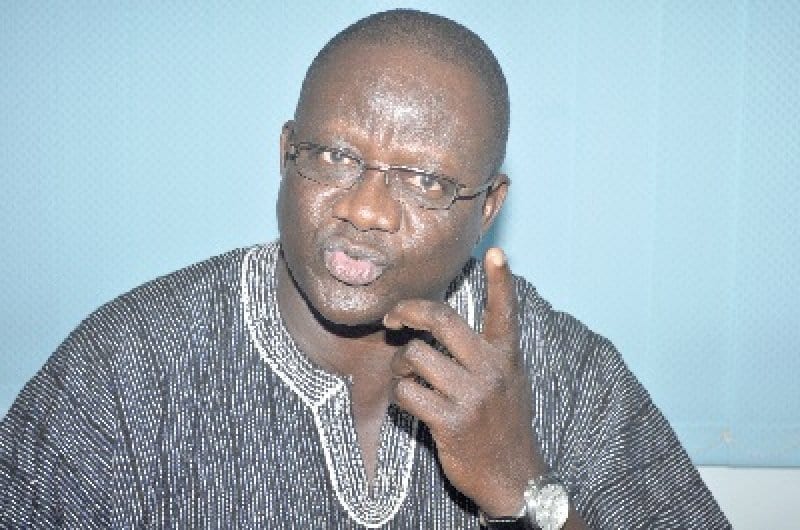
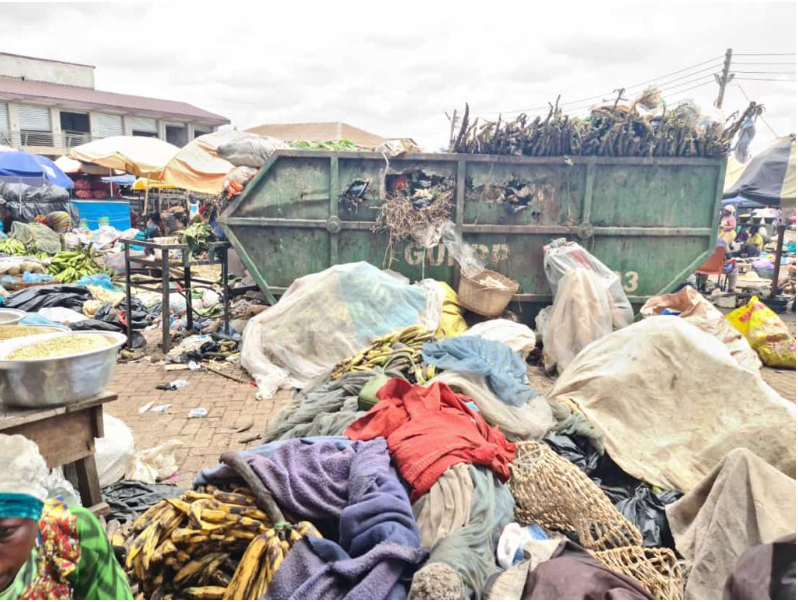
Facebook
Twitter
Pinterest
Instagram
Google+
YouTube
LinkedIn
RSS